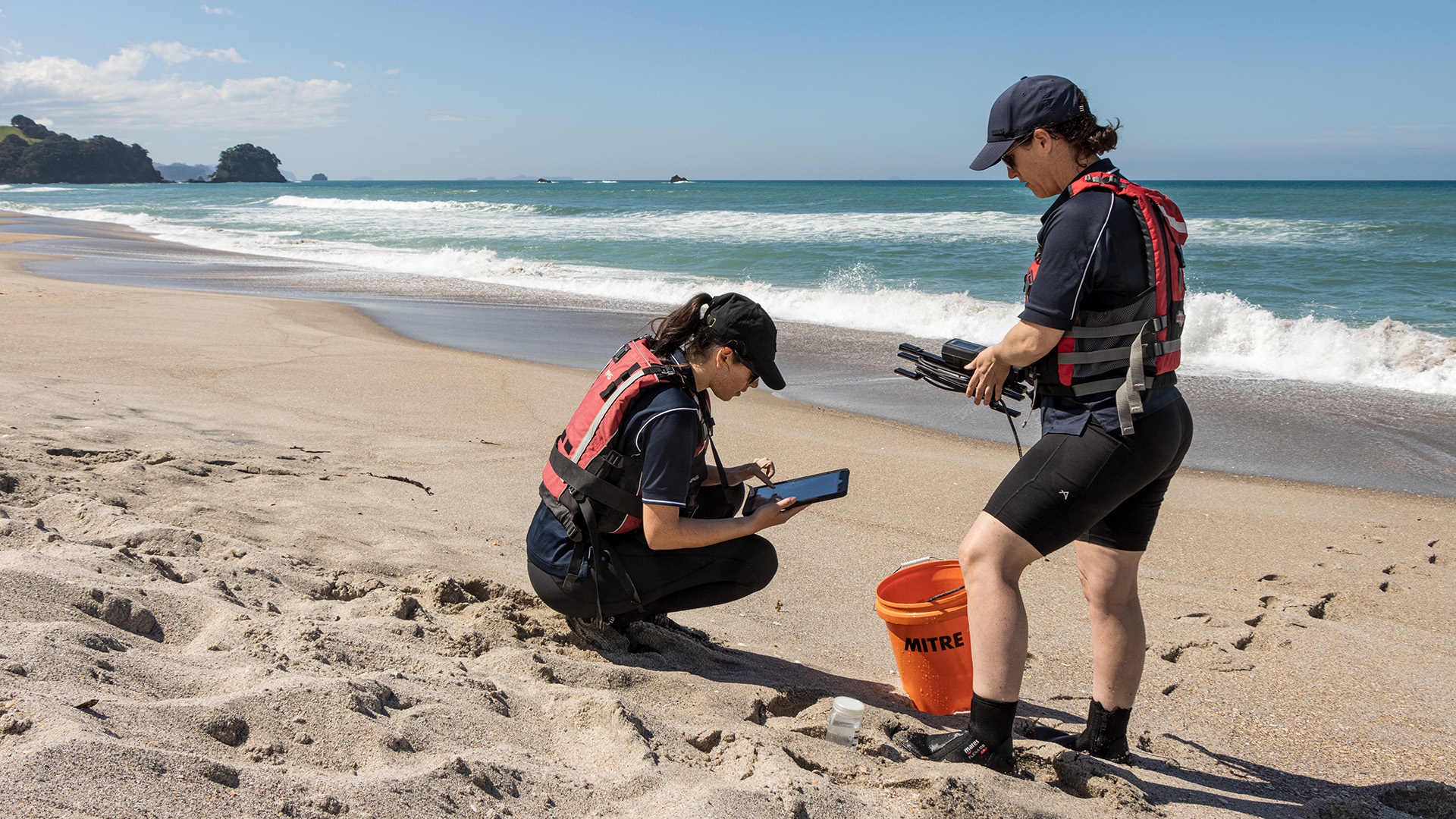
Short videos to help you understand this council's democratic processes, including how to get involved.
Meet Democracy Dave
What we do
Improving water quality, enhancing the health of our coastal and marine ecosystems, protecting and restoring our unique native plants and animals and the ecosystems they live in, keeping people safe on our roads and waterways as well as from floods and other hazards, and providing passenger transport services.
We do all this, and more.
Learn more about our mahi